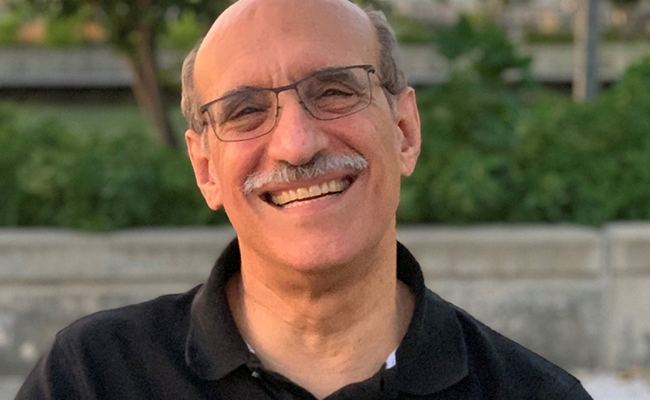
Nobel prize winner, Professor Martin Chalfie, will be presenting this year's Eccles Lecture on "The continuing need for useless information".
The public lecture will take place at 4pm on Wednesday, 2 November, at the Barnett lecture hall inside Dunedin Hospital.
Professor Chalfie, will be speaking on the usefulness of "useless" information, a term first used ironically to refer to basic research by Abraham Flexner in 1939. Following in Flexner's footsteps, he will argue that real discoveries are made when scientists are allowed to explore the world without recourse to "usefulness".
"Several Nobel prizes have been given for discoveries tangential to what was initially studied and so my lecture will highlight how 'useless information' is needed as much today as it has been in the past for the advancement of industry and medicine," Professor Chalfie says.
He went on to explain that current medical and technological problems can only be addressed somewhat with existing information. New knowledge, which comes from basic research, is needed for future advancements.
“Moreover, since these basic discoveries are essential for subsequent applications. So people who do basic research need our support and, those who do applied research, need to be in contact with people doing basic research. Communication between the two groups is key.”
His lecture will also suggest ways that people can work to find the unexpected and “enable future revolutions.”
Professor Chalfie took an interest in science from an early age and, after achieving a PhD from Harvard University and doing postdoctoral research in Cambridge, England, did his Nobel Prize-winning work with the jellyfish Green Fluorescent Protein (GFP), as a faculty member in the Department of Biological Sciences at Columbia University in New York.
This work paved the way for the use of Green Fluorescent Protein and related fluorescent proteins as cellular and molecular markers in biological sciences, providing a dynamic way of watching biological processes happen.
Facebook Event Page - Eccles Lecture: Professor Martin Chalfie
The Nobel Prize - Professor Martin Chalfie Facts
- Kōrero by the School of Biomedical Sciences Communications Adviser, Kelsey Schutte.
